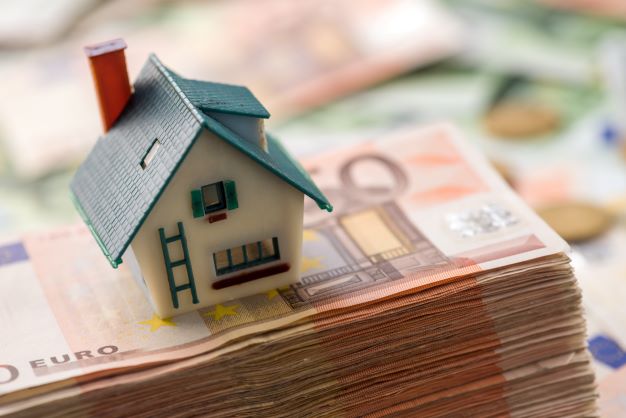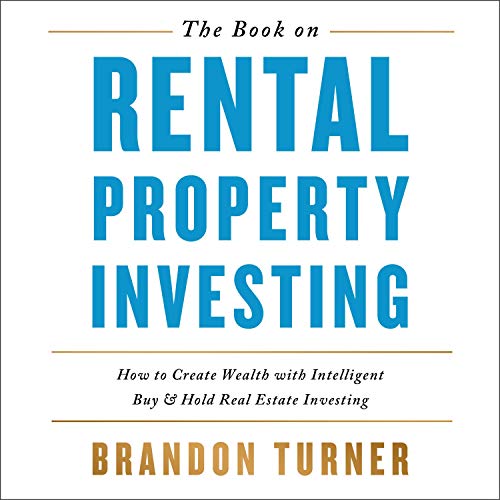Commercial real estate is similar to renting out residential property, except with a few more complications and the potential of being even more lucrative.
Overview
- Up-Front Investment: Purchasing the commercial property, usually with at least 20% down. Finding tenants.
- On-Going Investment: Upkeep and maintenance of the commercial property.
- Return on investment: Potentially high. Depends on your local area and listing.
- Best for: Many destinations could be lucrative for commercial properties if the business economy is strong in your area.
How It Works
Find a property, purchase it, clean it up, and rent out the space. That’s the goal with commercial real estate. You can find single buildings that you might rent out to just one business or a row of shops, buildings, or offices that can be rented out to multiple tenants at once.
What type of commercial real estate property you consider will depend on the money that you’re able to put down along with the economy in your area and what you think would perform the best. As with the other methods of buying investment property, it’s very beneficial to have professionals on your side who can lend a hand with valuing a property and helping you understand the potential monthly profit.

Businesses will usually pay more to rent out a space than residents, for obvious reasons. However, commercial property usually costs more too.
The location of commercial property is going to play a huge role in its value and, depending on the businesses you have in mind, so will the property’s amenities. That’s why you need to keep location, parking, signage, and other aspects in mind. If it’s going to be a customer-facing location (and not just an office space), the apperance and style of the building–both inside and outside–is also going to play a part in its value.
A huge plus with renting out to businesses is that you’re normally going to score a multi-year lease. This means you can lock a business in as a tenant for easily 10 or more years, helping to ensure the continuity of your monthly income stream.
Additionally, consider that the propert’s appreciation will generally be more generous than it would be for residential property. This is even more true if the business is producing a lot of profit each year. Your tenant will usually also be responsible for the building’s upkeep, helping to save you time and money.
With a commercial lease, you can even structure the terms so that you get a percentage of the business’ monthly profits, although this could discourage businesses in areas where you have lots of other competition (i.e., many other choices for them to look through).
While considering all of this, you also have to keep in mind that, while people will always need housing, a business might not always have customers. Commercial property is directly subject to the natural business cycle. When things get tough, your business will have less revenue and may not be able to pay rent. They may even go out of buiness, and it could take months or even years to find a new tenant.
As with everything, commercial property can be a high risk/high reward investment, but is generally best for experienced investors who already know about finding a property, valuing it, and searching for tenants.
The Pros
The biggest pro of commercial property is the potential for higher returns compared to residential property. You’ll also benefit from potentially longer lease terms, which can lock a business in for a decade or more easily. The tenant will also typically be responsible for upkeeping the building in addition to paying the monthly rent.
If the business is successful, the property will appreciate in value even more quickly than any residential property could. In some cases, you can even structure terms into the lease that will hand a % of the business’ profits over to you, giving you the potential to earn big money.
The Cons
Commercial real estate is subject to the business cycle and, therefore, you run higher risk. When business is down, your tenant may not be able to pay rent. If the building is vacated, you may have to spend months or even years looking for a business who finds your property suitable to their needs.
Summary
Commercial real estate is an ideal form of investment for any investor looking to get into the rental business, but it’s best left to those who have some experience with being a landlord. If you want to be successful, you have to do your research and you absolutely have to make sure that you have run your numbers correctly.



